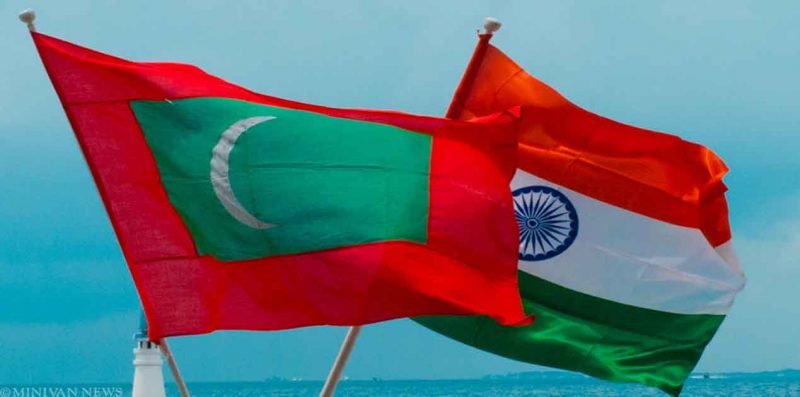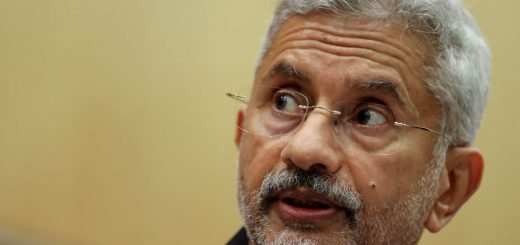Development Cooperation: The tale of India and Maldives

India has extended assistance to the fisheries of Maldives through a credit line. The High Commission of India in the Maldives issued a statement highlighting the US$ 800 million credit line.
Reminding that fisheries have always had a significant share in Maldives’s economy, India realizes the importance of such livelihood and thus decided to move ahead by providing an expansion to the Maldives Industrial Fisheries Company (MIFCO) through a line of credit. The High Commission of India is privileged to share such an opportunity for it reinstates the trust of the Maldives with India and thus provides the space for ‘development cooperation.’ The High Commission of India also mentioned, “We are confident that this project would reinforce India’s time honoured bonds of partnership with the Maldives.” The credit line was signed between the Ibrahim Ameer, Minister of Finance, Maldives and Sudhatta Mandal, Chief General Manager of India’s Export-Import Bank (EXIM). All transactions will be conducted between the Government and the EXIM bank.
The details of the new expansion include Lh. Felivaru Fisheries Complex as the main area for investments in the fish collection and other storage facilities. This complex is also to be used as a fishmeal plant. The project recognizes the potential of the Maldives to increase its sustainable fishing prospects and that this would be a good drive towards increasing the source of income. The expansion facility also detailed out certain areas of Maldives namely Addu, Kaashidhoo and Gaafaru which would be turned into ‘ice plants’, all of it will be via Indian grants.
Another striking feature of the expansion plan is that the line of credit is given up to a tenure of 20 years and a 5-year moratorium. The reason behind such prolonged tenure is to facilitate the Maldives to open up more space for business and venture into the various dimensions of the fisheries industries.
Maldives is a Small Island Developing States (SIDS) and has been severely hit by the COVID-19 pandemic as tourism in the country has come to a halt. The pandemic has jeopardized the income of people in the tourism industry and the bigger frame, the economy. Therefore, the only way out through it would be to increase the activities of fisheries and sustain the basic commercial structure. India’s decision to go forward with this plan highlight’s India’s neighbourhood policy.
But India’s move to provide financial packages is being examined critically vis-à-vis China. It was only last week that 9 projects were initiated between the Government of India and the Government of Maldives under the High Impact Community Development Projects (HICDP) scheme. The Belt and Road Initiative of China ignores the local needs of many countries and focuses on the requirements for itself. The whole activity pursued by China as part of the BRI has pushed countries into a debt trap.
The path of development cooperation could strengthen India’s presence in the South East and South Asian region. The financial package will contribute to the expansion of fisheries alongside all the other small sectors associated with it. India’s neighbourhood first policy is highly appreciated and welcomed.


















